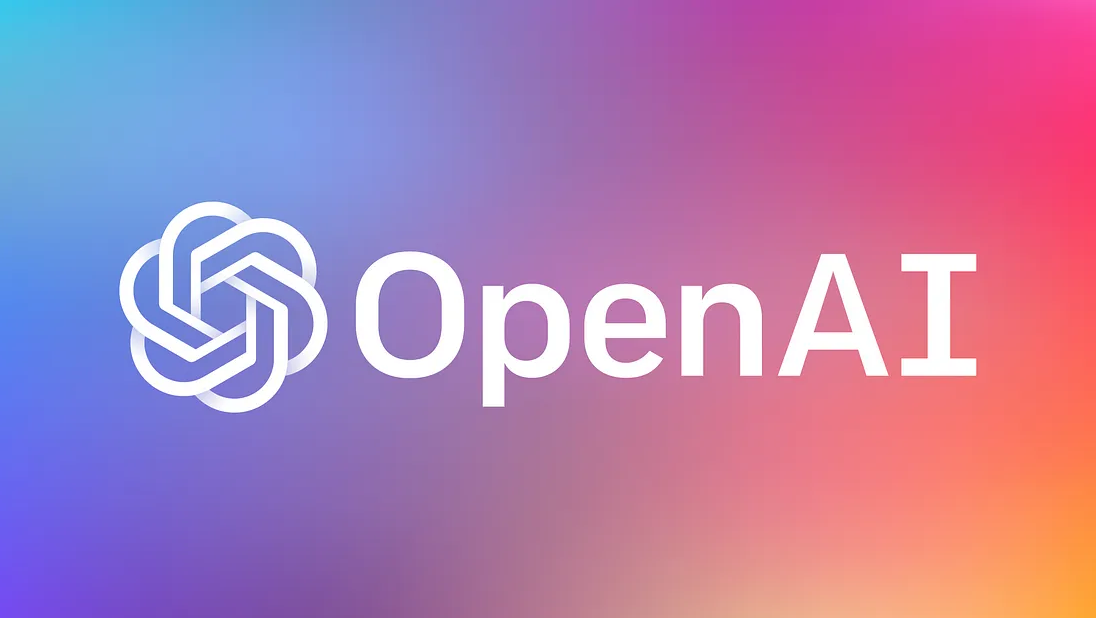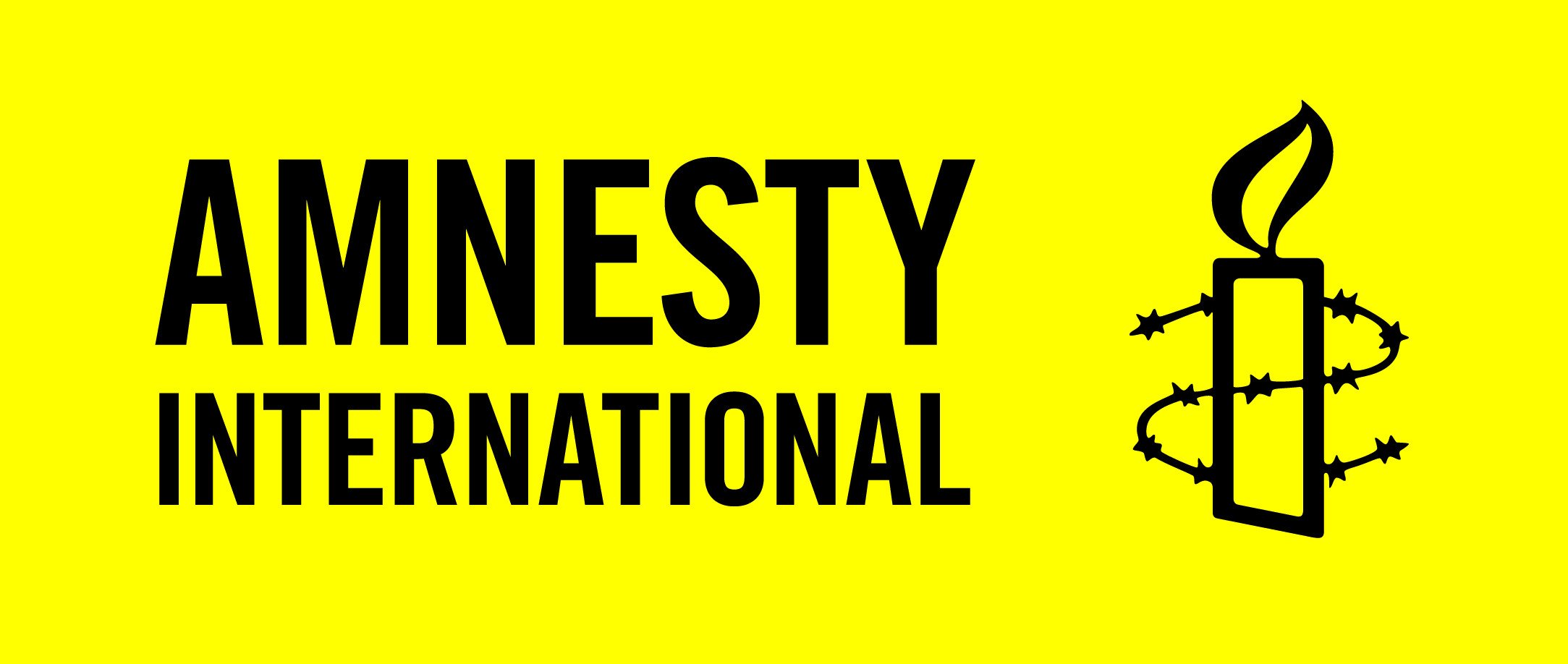Australia has finally introduced the world’s first nationwide prohibition on social media use for under-16s, forcing platforms to delete millions of accounts and prevent new registrations.
Instagram, TikTok, Facebook, YouTube, Snapchat, Reddit, Twitch, Kick and Threads are removing accounts held by younger users. At the same time, Bluesky has agreed to apply the same standard despite not being compelled to do so. The only central platform yet to confirm compliance is X.
The measure follows weeks of age-assurance checks, which have not been flawless, with cases of younger teenagers passing facial-verification tests designed to keep them offline.
Families are facing sharply different realities. Some teenagers feel cut off from friends who managed to bypass age checks, while others suddenly gain a structure that helps reduce unhealthy screen habits.
A small but vocal group of parents admit they are teaching their children how to use VPNs and alternative methods instead of accepting the ban, arguing that teenagers risk social isolation when friends remain active.
Supporters of the legislation counter that Australia imposes clear age limits in other areas of public life for reasons of well-being and community standards, and the same logic should shape online environments.
Regulators are preparing to monitor the transition closely.
The eSafety Commissioner will demand detailed reports from every platform covered by the law, including the volume of accounts removed, evidence of efforts to stop circumvention and assessments of whether reporting and appeals systems are functioning as intended.
Companies that fail to take reasonable steps may face significant fines. A government-backed academic advisory group will study impacts on behaviour, well-being, learning and unintended shifts towards more dangerous corners of the internet.
Global attention is growing as several countries weigh similar approaches. Denmark, Norway and Malaysia have already indicated they may replicate Australia’s framework, and the EU has endorsed the principle in a recent resolution.
Interest from abroad signals a broader debate about how societies should balance safety and autonomy for young people in digital spaces, instead of relying solely on platforms to set their own rules.
Would you like to learn more about AI, tech and digital diplomacy? If so, ask our Diplo chatbot!










